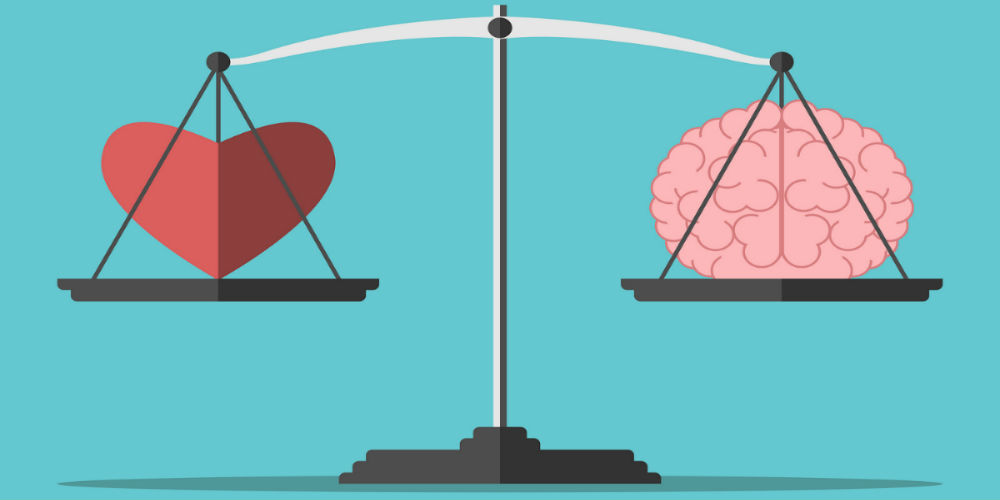There are many different emotional intelligence skills that can help you improve sales and turn prospects into customers. One of the biggest is what’s called “delayed gratification.”
Delayed gratification means that you’re willing to do the background work before you get the reward. Your patient enough to wait for as long as it takes to make the sale. Sometimes it can take a while. Sometimes it seems like it’s taking forever.
This is part of the self-restraint that people with high emotional intelligence have. EI teaches you to recognise and control your emotional states. In sales, there’s a feeling of urgency that pushes you to close the sale now. It tells you that it’s now or never, and you feel intense pressure to close the sale no matter what the cost.
The self-restraint of EI quiets that urge so that you can approach the prospect calmly even in the heat of the moment and handle the situation in a way that’s appropriate and effective.
You may well understand that the long term is what you should aim for. You know that making decisions hastily and quickly closing the sale isn’t a good strategy. You realise this is instant gratification and it’s impulsive. But when you’re actually in the thick of a sale, it’s sometimes very difficult to appeal to reason.
Delayed gratification is a skill every salesperson should learn. If you’re calling and emailing prospects but getting no instant results, you may feel inclined to give up. But those who stay the course expecting delayed results are the most successful salespeople.
This is also the case with networking. When you meet a new business contact, you may want to follow-up with them with an offer immediately. However, it’s better to wait until a better offer comes along than to approach them with something hastily put-together or not completely thought-out.
Content marketing, which is a highly effective method of online marketing, is based on the idea of delayed gratification. You offer free content to your prospect over a period of time and eventually start making offers.
High emotional intelligence allows you to map out a strategy and look to the long-term. People with high EI are patient, motivated and focused on the future. They tend to be good at time management and they know that the sale will happen eventually.
Delayed gratification is summed up in the old saying – “The race is not to the swiftest, it’s to those who keep on running.”
So, how can you improve in this area?
• Know your values. Keep your values in mind and say “no” when something doesn’t align perfectly with them.
• Know your goals. Identify your long-term goals and keep them at the forefront of your mind instead of short-term gains.
• Learn to plan and prioritise. Take the proper time to set out a plan and see it through.
• Reward yourself. When the sale finally happens, give yourself a good reward. It was worth the wait.
Improve your emotional intelligence. Learn some skills to improve your overall EI and you’ll see improvement in many areas.
The principle of delayed gratification is one of the key reasons why people with high EI are generally successful, especially when it comes to sales.



